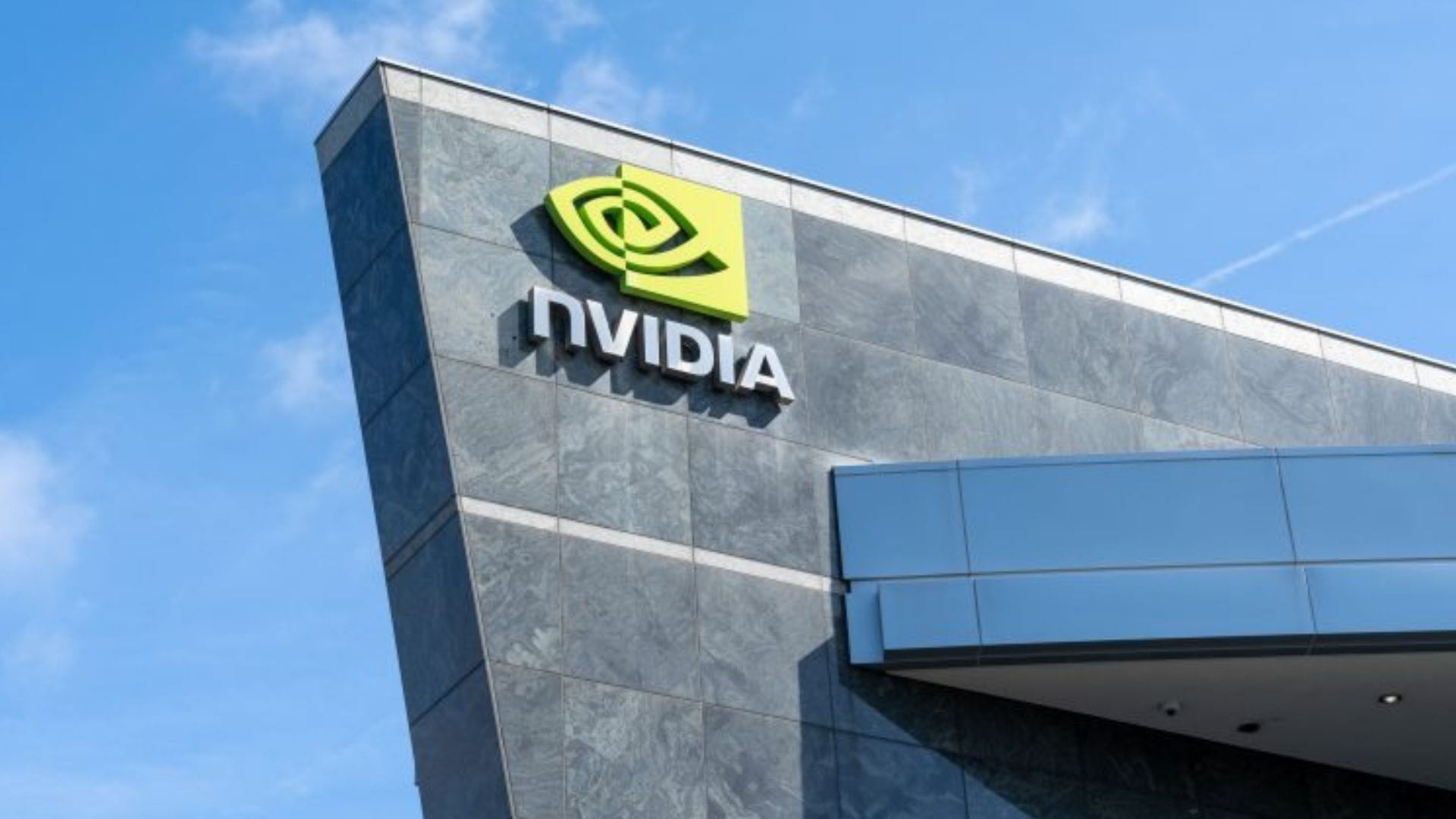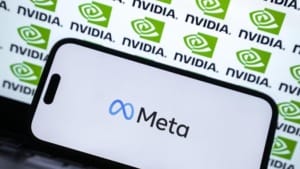Nvidia in talks to acquire AI server rental company Lepton AI
Nvidia is reportedly in talks to acquire Lepton AI in a deal worth several hundred million dollars, expanding into AI-powered server rentals.

Nvidia is moving to enter the server rental market, with reports suggesting the tech giant is close to acquiring Lepton AI. The potential deal, worth several hundred million dollars, would give Nvidia a stronger foothold in cloud-based AI computing.
Table Of Content
Nvidia expands into server rentals
According to The Information, Nvidia is in advanced discussions to acquire Lepton AI, a provider of server rentals powered by Nvidia’s AI chips. The deal, if completed, would allow Nvidia to further solidify its dominance in the artificial intelligence sector by selling its hardware and offering cloud-based AI computing services.
Lepton AI’s rapid rise in the industry
Lepton AI is a relatively young company founded just two years ago. Despite its short history, it has quickly made a name in AI computing. In May 2023, the company secured a US$11 million seed funding round from investors CRV and Fusion Fund.
The demand for AI server rentals has increased as companies look for cost-effective ways to access high-performance AI computing without making huge upfront investments in hardware. Lepton AI has positioned itself as a key player in this market, attracting attention from major tech firms like Nvidia.
Competition in the AI server rental market
The AI server rental market is becoming increasingly competitive. One of Lepton AI’s biggest rivals is Together AI, a startup that has raised over US$500 million in venture capital funding. Although Together AI is only about a year older than Lepton, it has already secured significant backing, highlighting the intense demand for AI-powered cloud computing services.
If Nvidia’s acquisition of Lepton AI goes through, it could give the company an edge in this fast-growing market. Nvidia’s AI chips are widely regarded as the best in the industry, and integrating them into a dedicated server rental business could make it a dominant force in AI cloud computing.
The deal remains unconfirmed for now, but if completed, it could mark a major shift in Nvidia’s operations, expanding beyond hardware sales into AI-driven cloud services.














